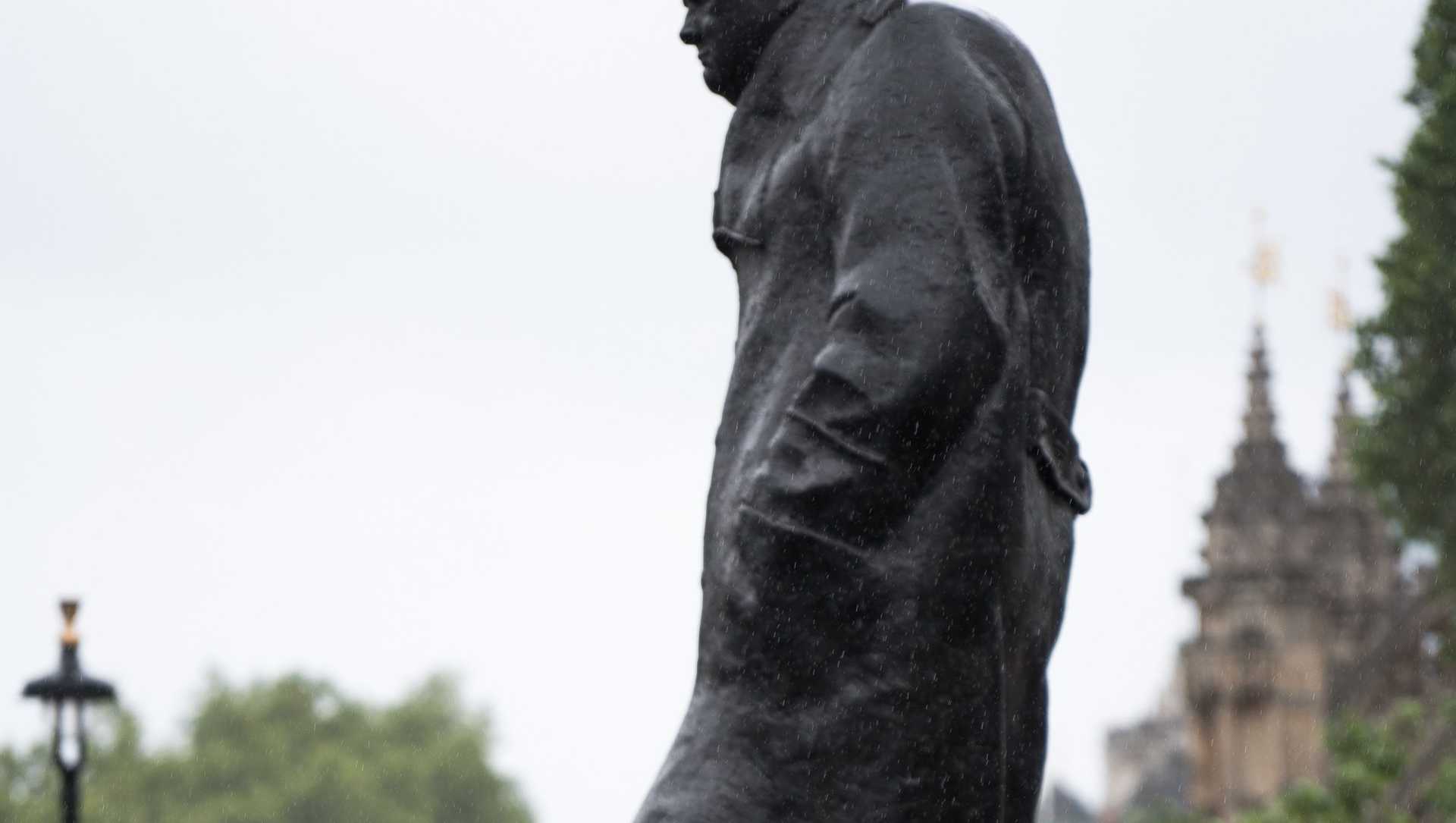
Explore the Allianz Foundation Next Generations Study 2023: Scroll down to learn more about a specific country or the types of young adults who take civic action. And those who don’t.
Who are the young adults taking civic action to address inequality, climate change and other pressing challenges? And who are the ones who do not?
Age, gender, education, income and other individual characteristics provide some insights into who is in which camp. However, even more so it is young adults’ individual political beliefs and their willingness to take risks that directly affect their civic action.
Germany in international comparison: How do future desires and expectations differ?
As in other European countries, young adults in Germany have low trust in institutions, but it is still slightly higher than elsewhere. They put more emphasis on democratic institutions while economic anxiety is paired with mixed feelings about the climate. Individual action is their preferred means of civic engagement.
Greece in international comparison: How do young adults in Greece shape the future? What future do they expect?
Young adults in Greece show a lack of faith in the status quo. They put more emphasis on economic well-being, but not at the expense of fairness or the environment. Their expected future: economic decline and democratic backsliding. But they are ready to take collective civic action.
Italian findings compared: Where are the similarities and differences?
Overall, the future outlooks and civic actions of young adults in Italy closely align with those of their peers in Germany, Greece, Poland and the United Kingdom. Nevertheless, there are a few areas in which young adults in Italy differ from those in the other countries surveyed.
Polish differences: Find out where Poland's young adults differ from their European peers
Young adults in Poland are more conservative than the average, but with strong concerns about democracy. However, this does not necessarily go hand-in-hand with democratic backsliding. Young Poles are among the most convinced in the sample that strong democratic institutions are critical to a good life, as is an independent justice system or media.
UK in comparison: The most diverse of the five societies, but also the most inclusive?
Due to its ethnic and cultural diversity, UK respondents express relatively progressive attitudes toward migration. But does this also mean that they experience less discrimination? Explore more.


























